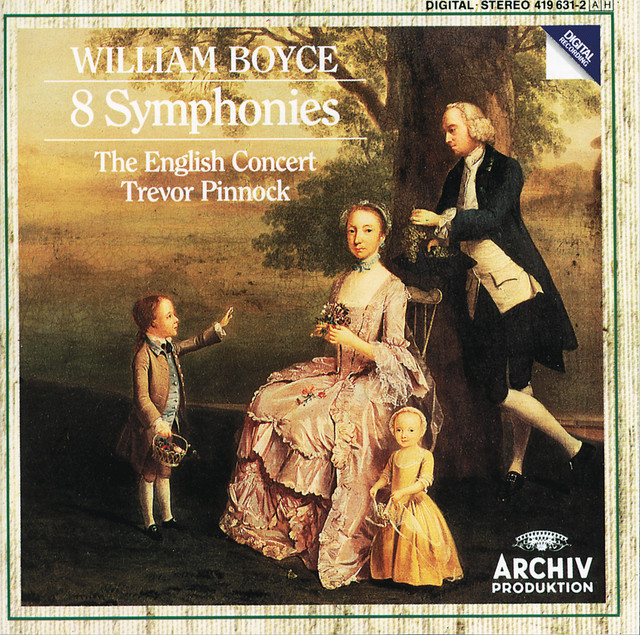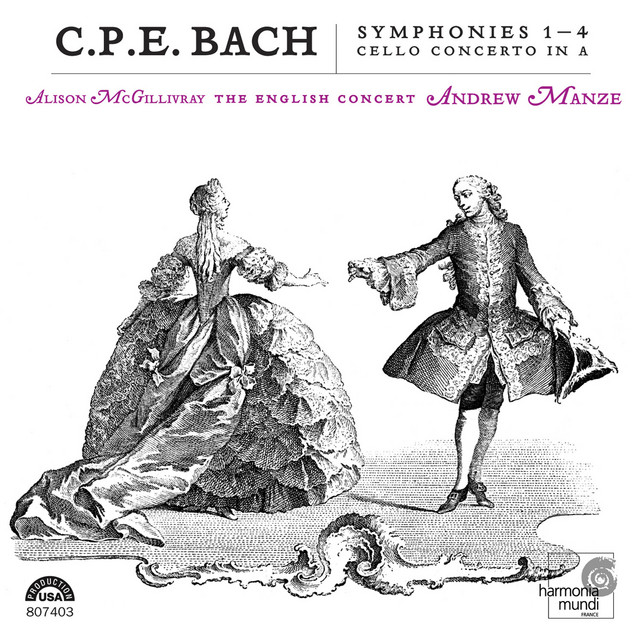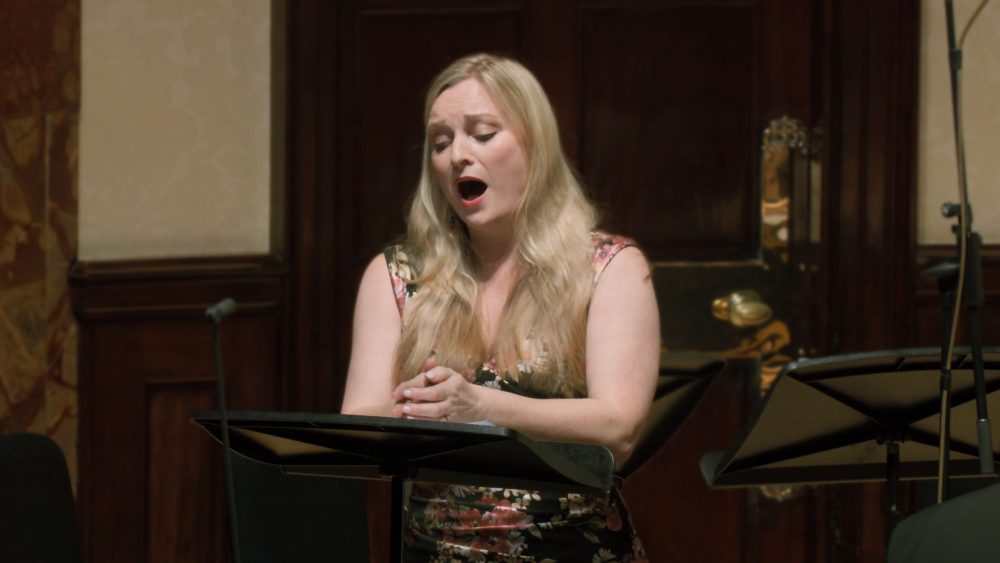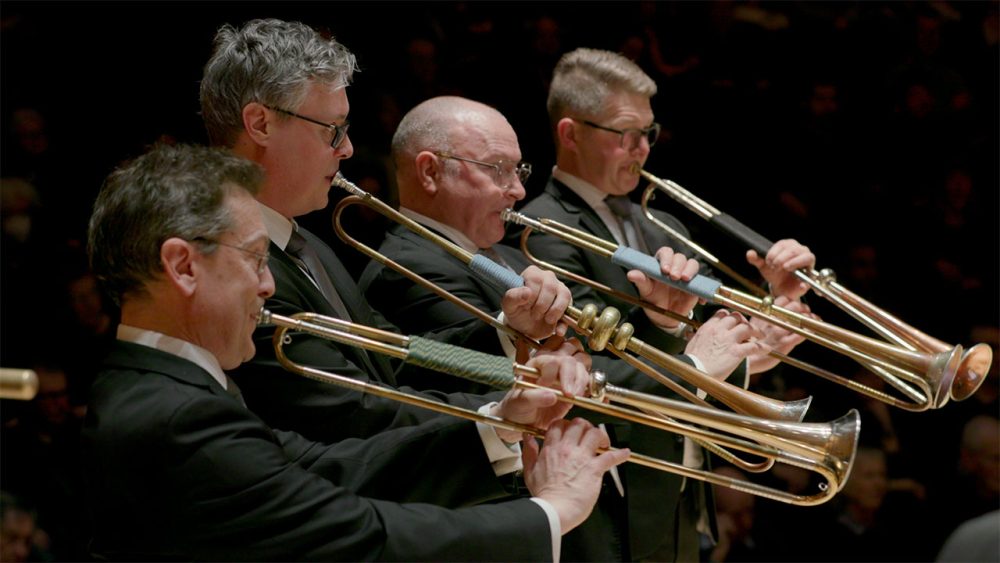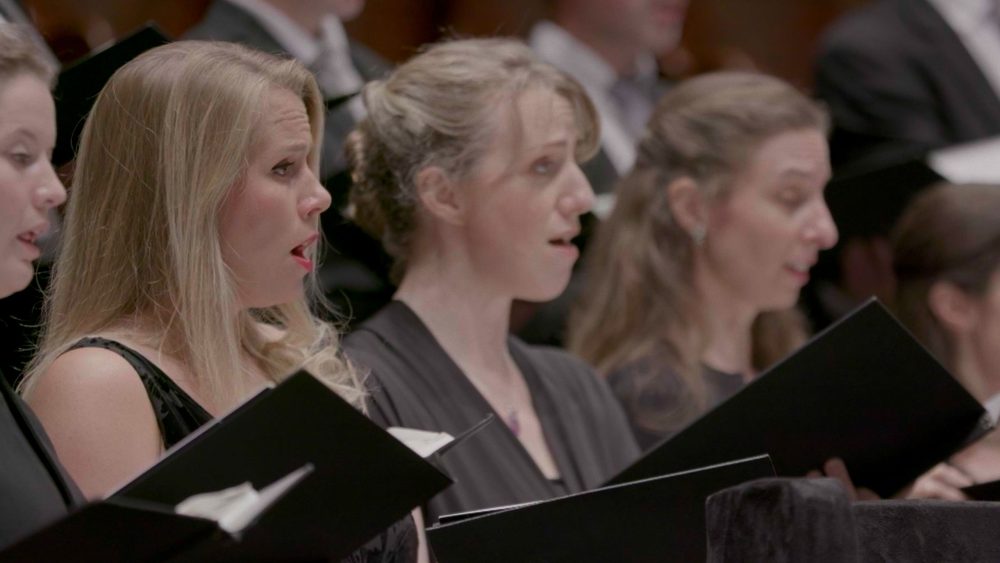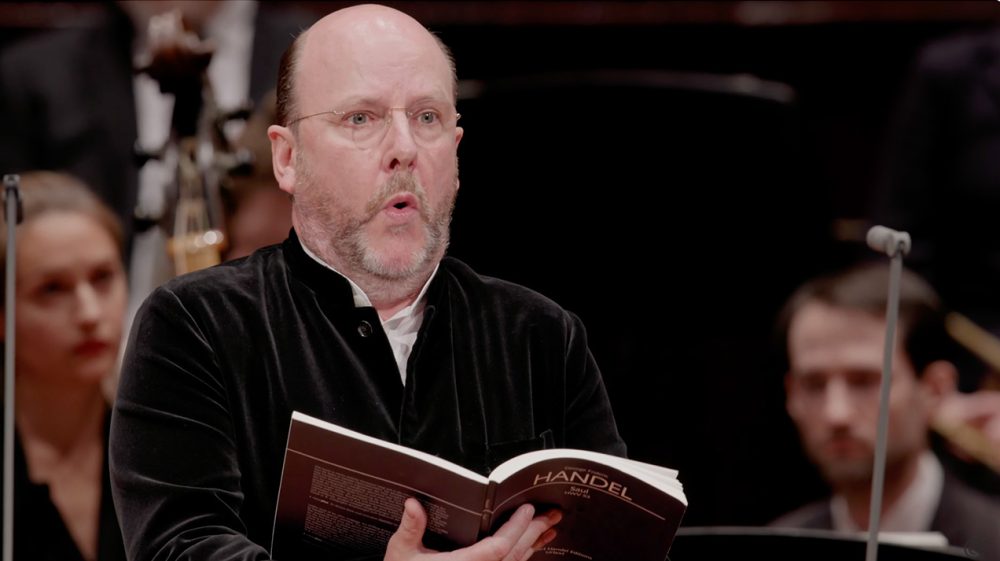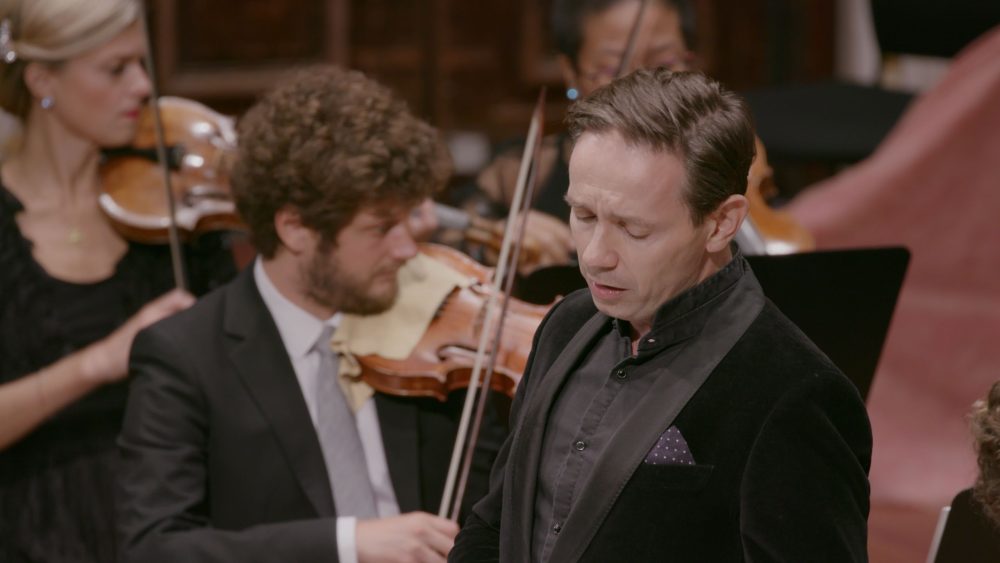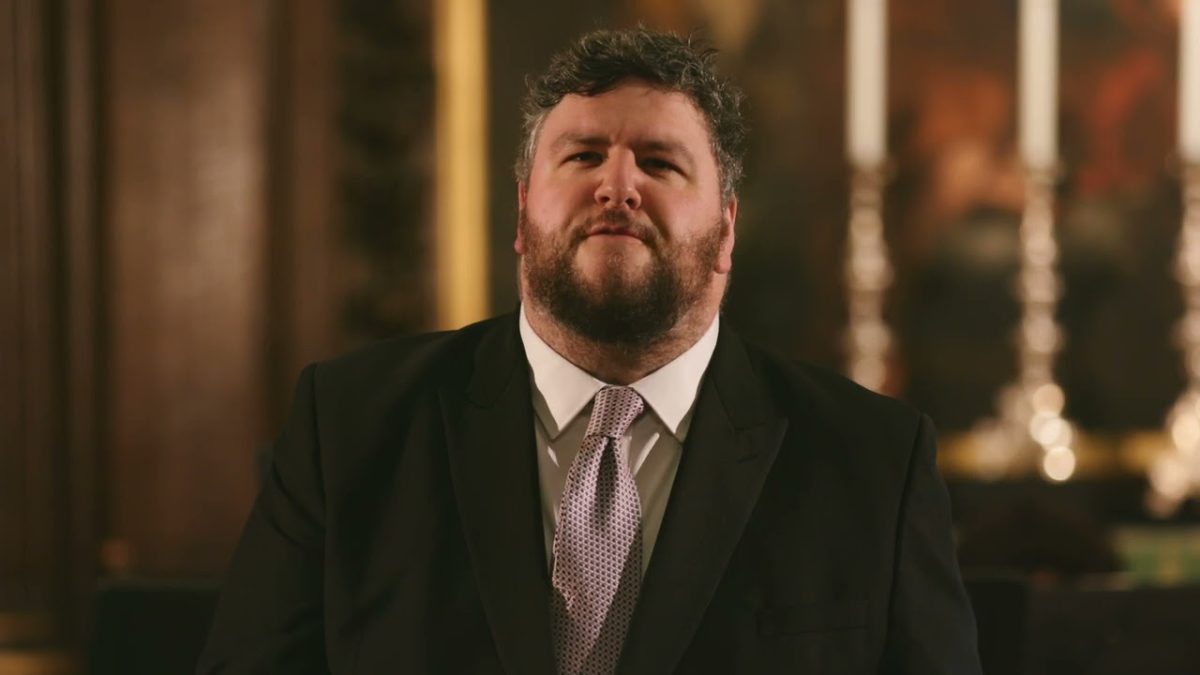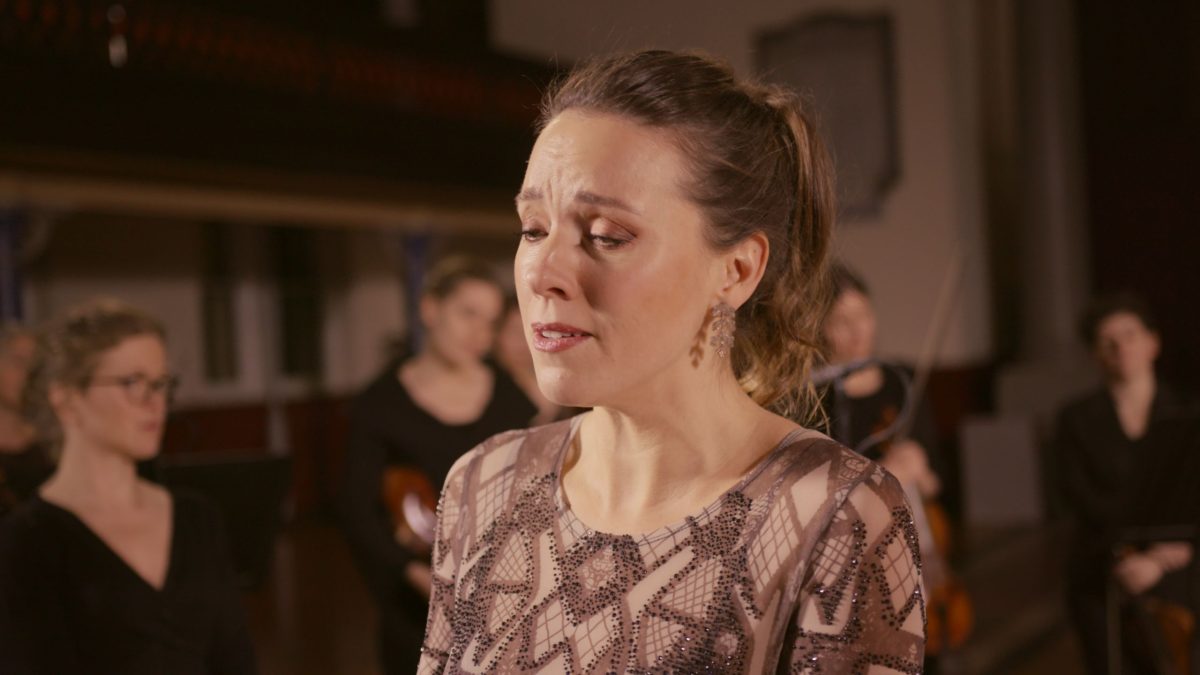Tanti Strali al Sen mi Scocchi
This duet explores the titillating nature of love and desire, depicted with effervescent excitement at its beginning, contrasted with the weight of the possibility of its loss.
Saul (Act 3)
Desperate and forsaken by God, Saul seeks guidance from the Witch of Endor, who summons the spirit of the prophet Samuel. Samuel foretells Saul’s impending doom, declaring that he and his sons will die in battle and the kingdom will pass to David. The prophecy is fulfilled as Saul and Jonathan are killed in combat against the Philistines. An Amalekite …
Saul (Act 2)
Act 2 delves deeper into Saul’s jealousy and the growing tension between him and David. Jonathan warns David of Saul’s murderous intentions, and the two reaffirm their friendship, with Jonathan vowing to protect David. Saul, consumed by envy, accuses Jonathan of disloyalty for siding with David and even threatens his own son. Despite Saul’s earlier promise to spare David, he …
Samson
Handel’s Samson (1743) marks his break from Italian opera and his embrace of English oratorio, inspired by Milton’s Samson Agonistes and shaped by librettist Newburgh Hamilton into a powerful “opera of the mind”. Fusing Milton’s sublime poetry, vivid contrasts of light and darkness, and sharply characterised choruses of Israelites and Philistines, Handel created one of his most emotionally compelling and politically resonant works, a patriotic masterpiece that became his most frequently performed dramatic oratorio in the eighteenth century.
Armida Abbandonata
An early work of Handel, this secular cantata was composed in 1707, and premiered that same year at the Palazzo Bonelli, in Rome. Wanting to write opera after his early success in Hamburg, Handel traveled to Italy; however upon arrival in Rome, Handel discovered that opera had been banned by Papal edict. In lieu of opera, Roman aristocracy hosted performances of secular cantatas, which were, for all intents and purposes, short operas without staging. Handel delved into this form, writing over 100 of these chamber cantatas for various patrons.
The Arts Desk Review – a Baroque banquet for Christmas
The strength-in-depth of this full-blooded Magnificat may have served as the evening’s meaty centrepiece. Still, those early courses delivered far more than pretty trimmings.

